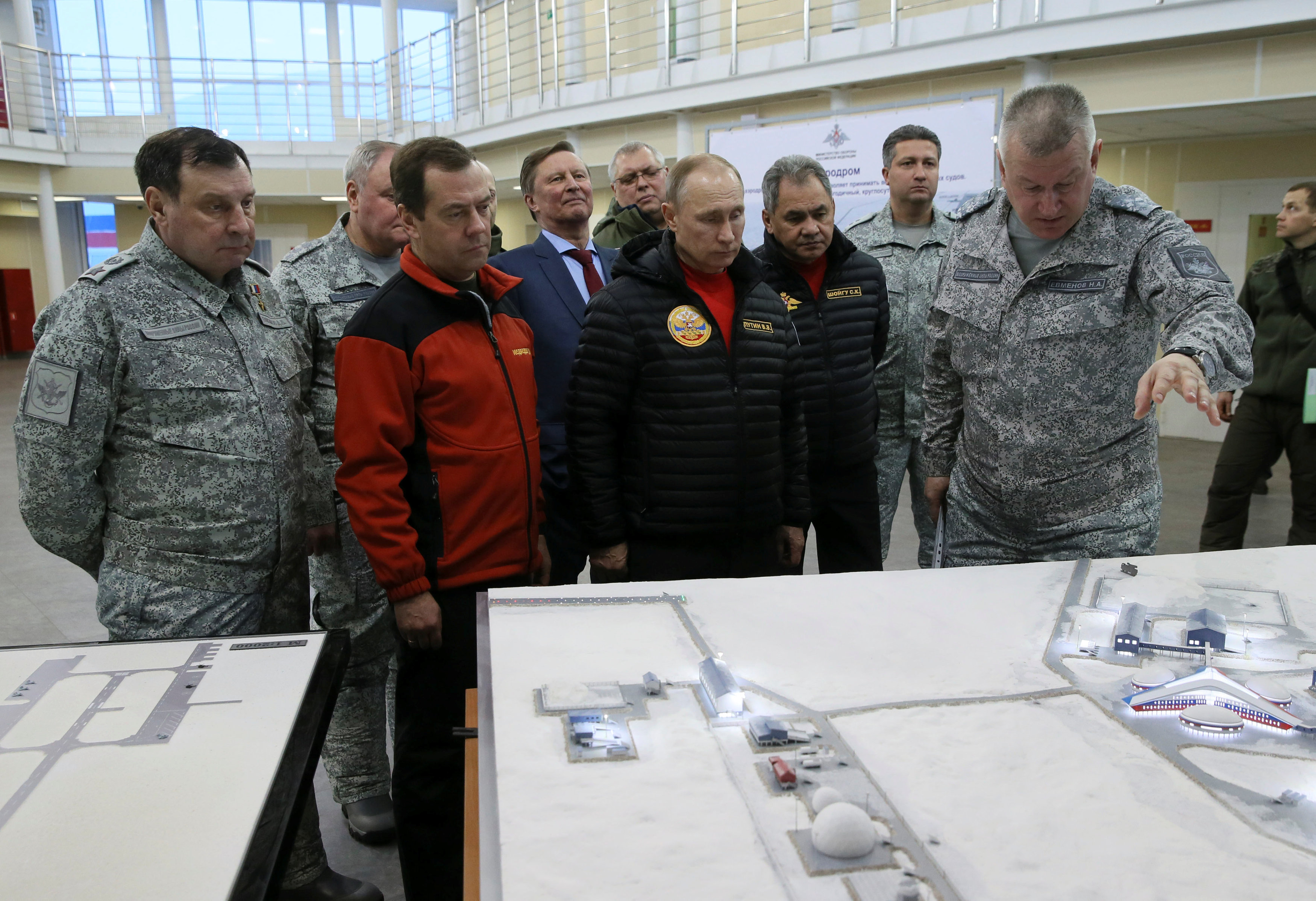Russian ambassador says country will reduce its military activity in the Arctic

Russia will considerably reduce its military activity in the High North during the next three to four years, Russia’s ambassador to Norway Teimuraz O. Ramishvili said recently.
Ramishvili’s statement came during a debate at the High North Dialogue conference in Bodø, Norway, just before Easter. High North Dialogue is an annual conference where leaders meet students from all the Arctic nations.
The Russian ambassador told the audience that his country will soon finish its process of modernizing military facilities and installations in the north, and when that process is over, the military drill activity in the region will be significantly reduced.
Finland’s ambassador, a U.S. chargé d’affaires and state secretary of the Norwegian Foreign Ministry Marit Berger Røsland also participated in the debate, where Ramishvili went far in promising a downscaling of Russian military activity in the coming years.
Ramishvili emphasized the importance of balance in the north and said the Arctic nations agree — and will continue to agree — about international rules and restrictions applicable for all activities in the High North.
Stability, security and development is vital for everyone in the Arctic regions, including for Russia, Ramishvili said.
He also pointed to the fact that Russia is concerned with cleaning up its own pollution in the north through the removal of large amounts of nuclear waste.
What he referred to as “the adventure of cleaning up submarines” on the Kola Peninsula is almost finished, and probably will be complete by the end of the year. The submarines are largely cleared of nuclear waste.
“During the past five years, Russia has removed more than 40,000 tons of waste in its High North, and we will continue this cleaning. We are not satisfied yet,” Ramishvili said.